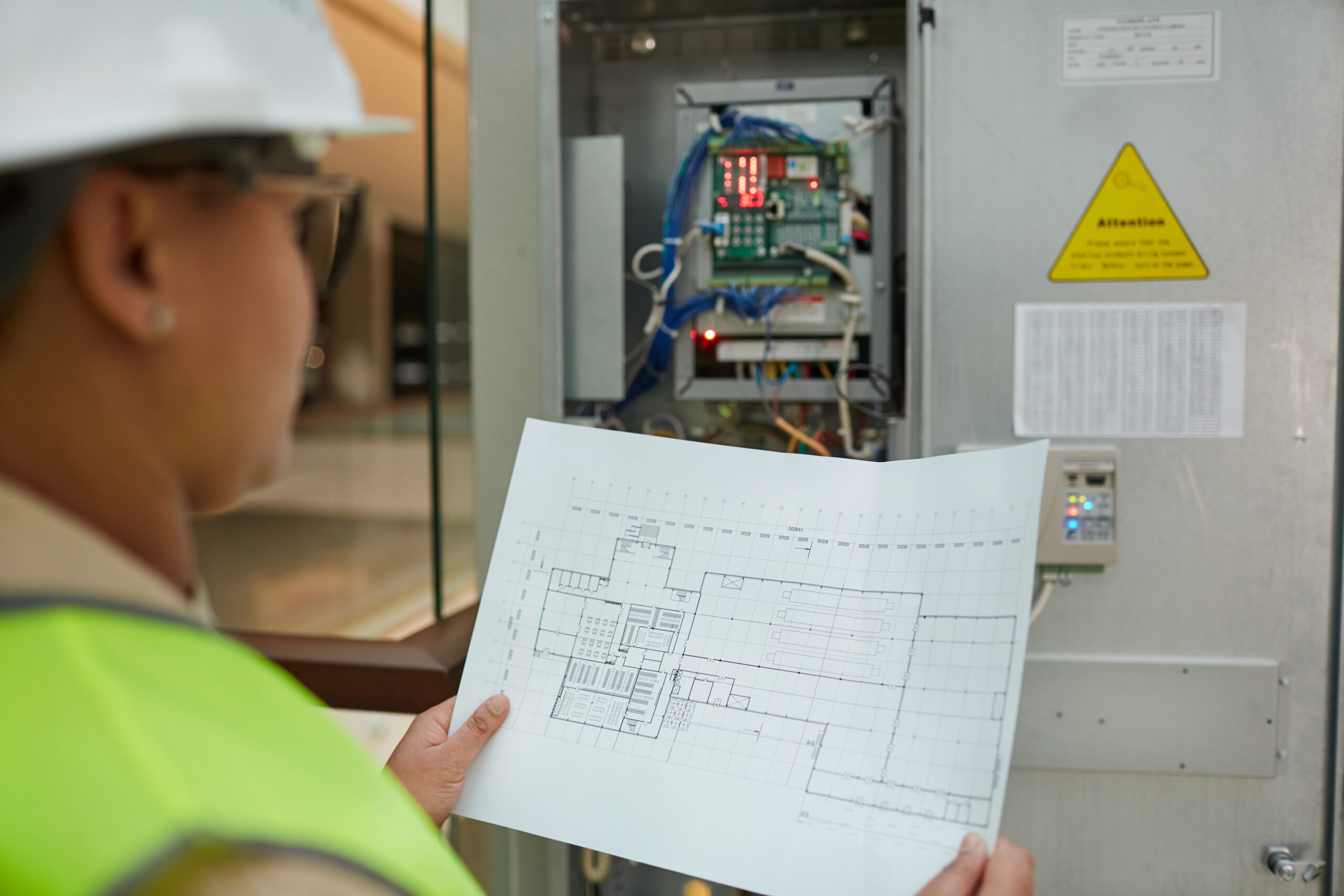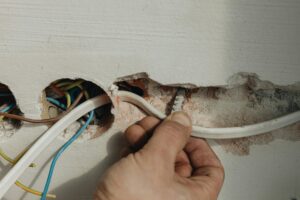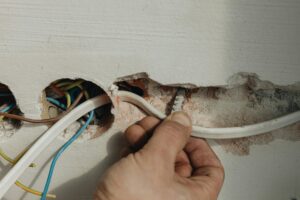
Undertaking an electrical project in your home, whether it’s a simple installation or a significant renovation, requires careful planning and adherence to safety regulations. One crucial aspect of this process is obtaining the necessary electrical permits to ensure your project complies with local building codes and safety standards. Having a clear understanding of electrical permits and their role in maintaining your home’s safety is essential for any homeowner considering electrical work. In this article, we will discuss the importance of electrical permits, why they matter, and how they benefit homeowners.
Electrical permits are legally required documents issued by local building departments that grant permission to carry out electrical work in your home. They serve to guarantee that the work being performed adheres to established guidelines and regulations for the safe installation and operation of electrical systems. Failure to acquire the necessary permits can lead to hefty fines, penalties, and potential legal liabilities, highlighting their importance in maintaining the safety and compliance of your home’s electrical system.
The permitting process helps ensure that electrical work is performed by licensed professionals and properly inspected upon completion. This ensures the work meets all safety requirements and reduces the risk of defective installations, electrical fires, and other hazards that may arise from substandard work. Ultimately, electrical permits serve as a protective measure for homeowners, ensuring that their homes are safe, up-to-date, and up to code.
The Permitting Process Explained
Navigating the permitting process can feel daunting, especially for homeowners who are unfamiliar with the steps involved. Here’s a brief overview of the electrical permit process:
1. Application: Begin by visiting your local building department or their website to access the necessary permit application forms. Fill out the required information, detailing the nature and scope of your electrical project, and submit the application along with any applicable fees.
2. Review: The building department will review your application to ensure the proposed work complies with local electrical and building codes. They may request additional information or revisions if necessary.
3. Approval: Once your application is approved and the permit is issued, you can commence the electrical work in adherence to the stipulated guidelines and regulations.
4. Inspection: After your project’s completion, your local building department will send an inspector to review the work and verify that it complies with the established codes and standards. Upon passing inspection, the permit will be closed, and your project will be deemed compliant.
Consequences of Skipping the Permit Process
Failure to secure the necessary permits for your electrical projects can lead to several unwelcome consequences and potential liabilities:
1. Fines and Penalties: Performing unpermitted electrical work can result in substantial fines and penalties, which can escalate if not remedied promptly.
2. Legal Liability: Should accidents or damage occur due to non-compliant electrical work, homeowners may be held legally responsible for any ensuing costs or personal injuries.
3. Insurance Complications: Insurance companies may deny coverage or increase premiums for unpermitted work, leaving homeowners financially vulnerable to potential damages or accidents.
4. Reduced Property Value: Homes with a history of unpermitted work may be more challenging to sell or refinance as potential buyers or appraisers may perceive the property as riskier or of lesser value.
Working with a Licensed Electrician
Hiring a licensed electrician to handle your electrical projects offers numerous benefits and can simplify the permitting process for homeowners:
1. Expertise and Compliance: Licensed electricians possess the skills, knowledge, and experience necessary to perform electrical work that complies with established codes and safety regulations.
2. Permit Assistance: Professional electricians are well-versed in local permitting requirements and can help guide you through the application process, ensuring all necessary paperwork is accurately completed and submitted.
3. Liability and Insurance: Employing a licensed electrician reduces your liability exposure and ensures your projects meet insurance requirements, providing greater financial protection for your home.
4. Peace of Mind: Knowing that your electrical work is conducted by a qualified professional who adheres to safety regulations and permitting requirements offers invaluable peace of mind for homeowners.
Costs and Factors to Consider
When budgeting for your electrical project, it’s essential to consider all associated costs, including permits, inspections, and labor. Specific factors that may impact your permit costs include:
1. Project Scope: Larger or more complex projects may require higher permit fees than smaller or less complex ones.
2. Local Regulations: Permit fees and requirements can vary between jurisdictions, so it’s crucial to research your local building department’s guidelines when estimating costs.
3. Permit Renewals: Ensure your project is completed within the specified permit timeframe, as delays may necessitate permit renewals and additional fees.
4. Inspections: Some projects may require multiple inspections, which can contribute to the overall permitting costs.
Conclusion
Understanding the importance of electrical permits and ensuring their proper acquisition and compliance is a critical responsibility for homeowners undertaking electrical projects. Obtaining the necessary permits not only guarantees the safety and functionality of your home’s electrical system but can also protect you from legal liabilities, insurance complications, and potential financial burdens.
Navigating the permitting process can be challenging, and working with a licensed electrician can make a significant difference in ensuring your project’s compliance, safety, and success. By partnering with a reputable and experienced Ohio electrician like Turner On Services, you not only benefit from their expertise but also their assistance in managing the permit process and navigating potential complications.






